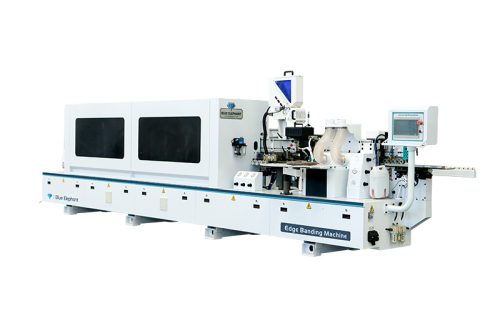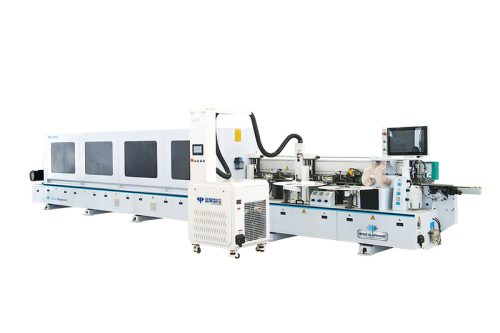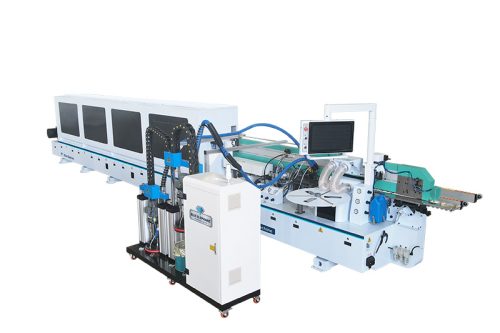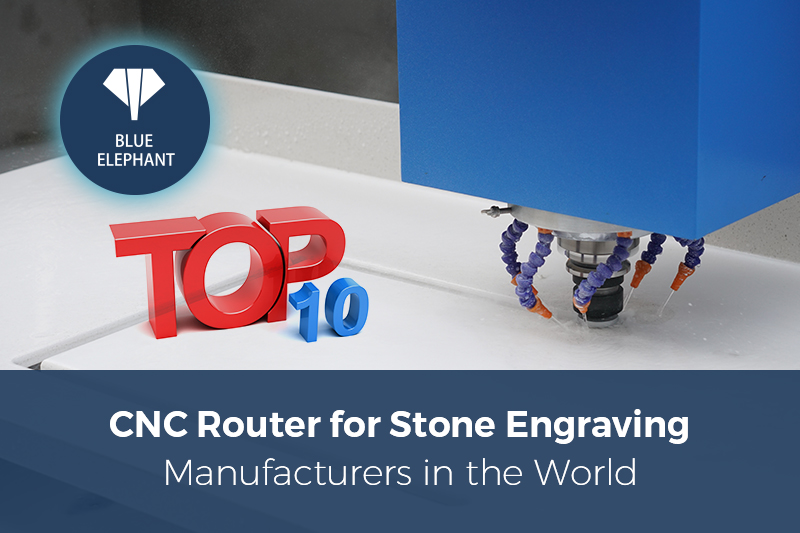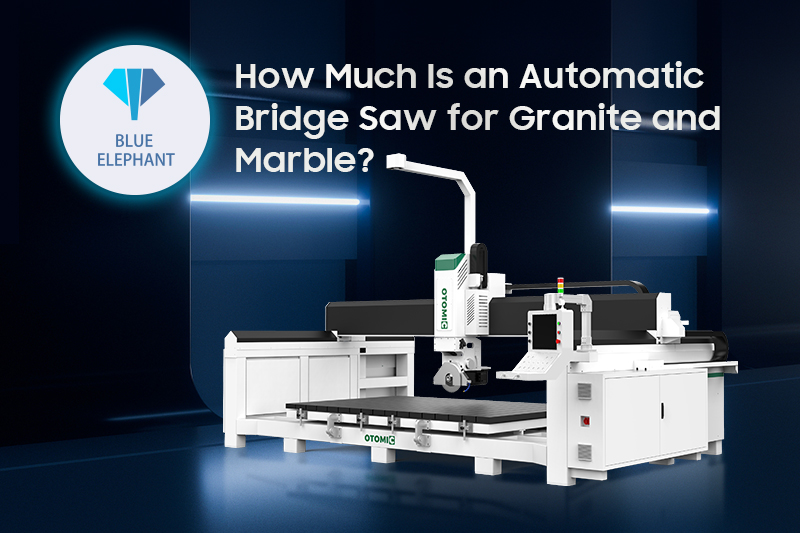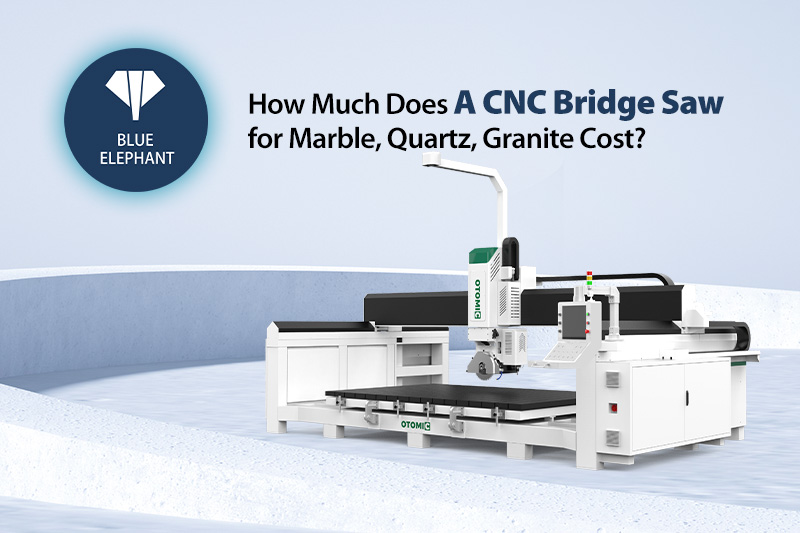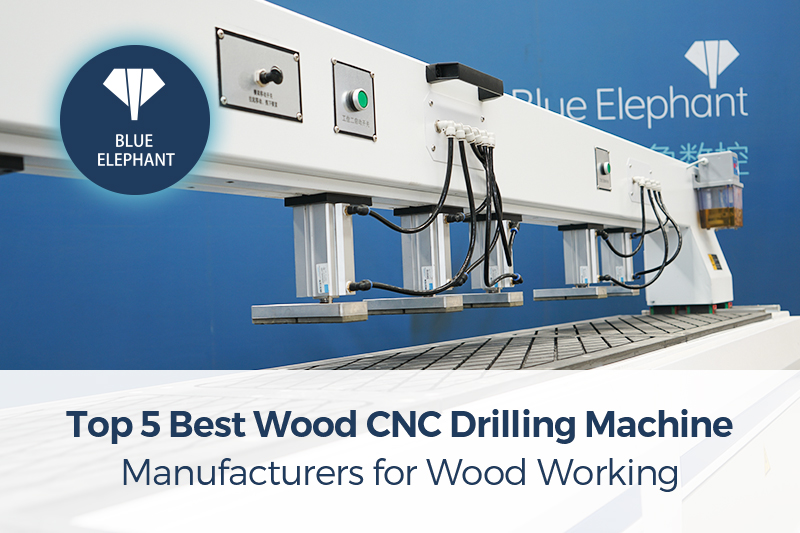How many types of laser welding machine?
Fiber Laser Welding Machines
These use fiber optics to deliver the laser beam, providing flexibility and high precision. They are often used for welding metals.
CO2 Laser Welding Machines
They employ carbon dioxide gas as the laser medium and are suitable for welding thicker materials, especially plastics, ceramics, and certain metals.
Handheld Laser Welding Machines
These are portable units that allow for manual operation and are useful for applications requiring flexibility and accessibility.
Solid-State Laser Welding Machines
These use solid materials as the laser medium, such as crystal or glass. They are known for their high beam quality and are used in various industries for welding different materials.
Pulsed Laser Welding Machines
These machines emit laser beams in pulses, which can be advantageous for controlled heating and minimizing material distortion, especially for thin materials or delicate components.
Continuous Wave (CW) Laser Welding Machines
These produce a continuous beam of laser energy, offering fast and efficient welding for thicker materials or applications requiring high power.
Automated Laser Welding Machines
These are integrated into automated systems, such as robotic arms, CNC machines, or other manufacturing systems, providing precise and repeatable welding in high-volume production environments.
How much is the laser welding machine price?
For low-power and small-sized fiber laser welding machines, the price may range from a few thousand to tens of thousands of dollars. These machines are suitable for smaller production environments or applications where welding accuracy is not required.
For fiber laser welding machines with high power, large size, and high degree of automation, the price may be even higher, even reaching hundreds of thousands of dollars. These machines are typically used in mass production and feature fast welding speeds, high efficiency and precise control.
Main factors affecting the laser welding machine price
Laser Type: Laser welding machines can use different types of lasers, such as carbon dioxide lasers, fiber lasers, and semiconductor lasers. Different types of lasers have different costs, so choosing the type of laser that suits your needs will directly affect the price of the machine.
Power: Laser welding machines are available in a wide range of power, from a few hundred watts to several kilowatts. The higher the power, the higher the price of the machine is usually, but it also means higher welding speed and greater welding depth.
Work Area Size: Different laser welding machines have different sized work areas. Machines with larger work areas are generally more expensive but can handle larger sized workpieces, increasing productivity.
Level of automation: Some laser welding machines are equipped with automation features such as automatic workpiece loading, unloading, and welding path planning. These automated features can increase productivity, but also increase the price of the machine.
Brand and quality: Different brands of laser welding machines vary in quality and performance, so the prices will also vary. Generally speaking, the quality of machines from well-known brands is more reliable, but the price is also higher.
What material can a laser welding machine process?
Steel: This includes carbon steel, stainless steel, and various alloy steels. Steel is one of the most common metals worked on by laser welding machines due to its widespread industrial use.
Aluminum: Laser welding can effectively join aluminum and its alloys, often found in industries such as automotive and aerospace due to its lightweight properties.

Copper and Copper Alloys: Laser welding can be used for copper and its alloys due to its excellent electrical and thermal conductivity, making it applicable in electrical and electronic industries.
Titanium: Laser welding is used for titanium and its alloys, known for their high strength, corrosion resistance, and lightweight properties, commonly employed in aerospace and medical industries.
Nickel and Nickel Alloys: These materials, often found in aerospace and chemical industries, are suitable for laser welding due to their corrosion resistance and high-temperature strength.
Precious Metals: Gold, silver, platinum, and other precious metals are weldable with laser welding machines, commonly used in jewelry manufacturing and some specialized industrial applications.
Various Other Metals: Laser welding can also work with other metals like brass, bronze, various alloys, and some specialty metals used in specific industrial applications.
What can a laser welding machine be used for?
Automobile manufacturing industry
The laser welding machines are often used for welding auto parts, such as car bodies, engine parts, etc. Because the good-quality laser welding machines can provide high-precision and high-quality connections.
Aerospace industry
In the aviation and aerospace fields, laser welding machines can be used for the manufacture and repair of various components, such as engine parts, aircraft structures, etc.
Electronic industry
Laser welding machines are suitable for welding of micro parts and precision parts, such as fine connections on electronic circuit boards.
Industrial manufacturing
Laser welders are widely used in metal product manufacturing, such as welding and connection of pipes, containers, structural parts, etc.
Medical Device Manufacturing
Metal laser welding machine are used to manufacture medical equipment such as surgical instruments and medical instruments, favored for their high precision and cleanliness.
Jewelry and eyewear manufacturing
In these areas, metal laser welding machine is used to join metals, plastics or other materials for fine and precise processing.
Summarize
Purchasing a laser welding machine is a significant investment, and the price depends on a variety of factors. Before deciding to purchase, you should carefully consider your production needs, budget and technical requirements to ensure you choose the machine that is best for you. In the meantime, comparing multiple vendors and taking a closer look at each machine’s features and capabilities will help you make an informed decision.


